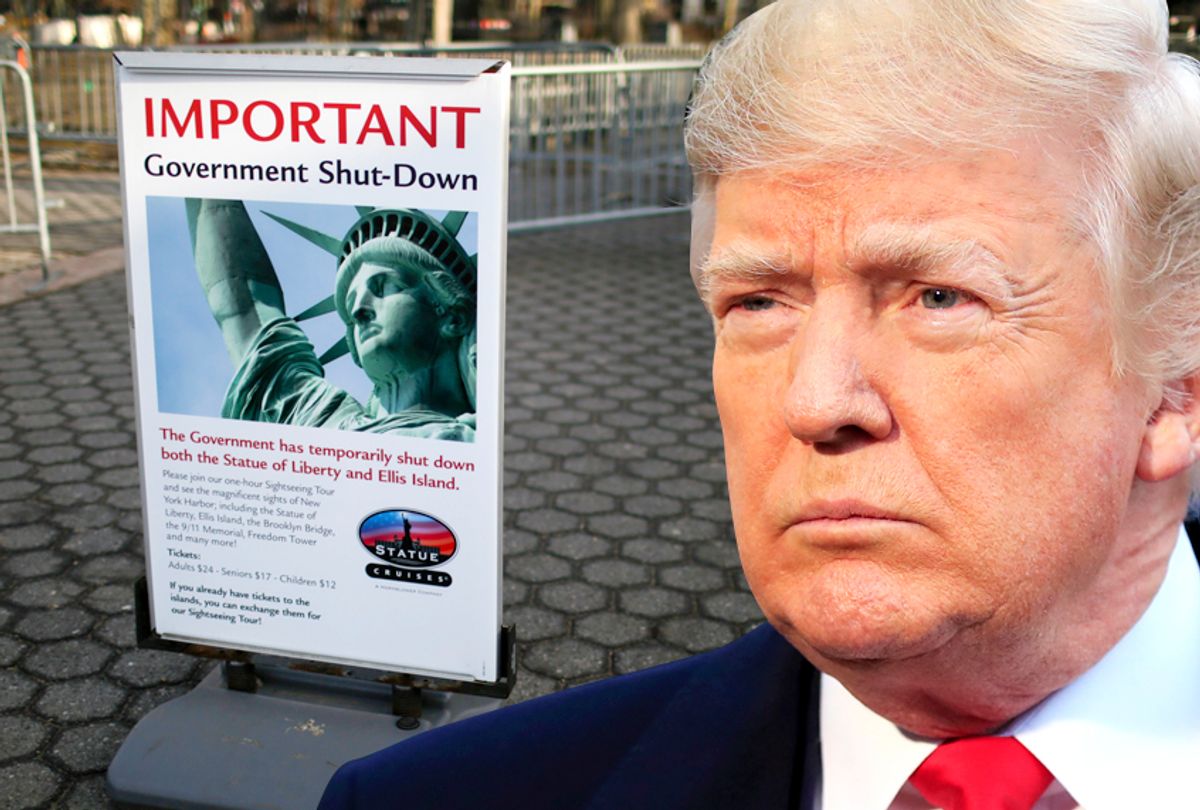President Donald Trump is once again implementing an immigration policy that targets non-white immigrants — on this occasion, Liberians who are staying in the United States with Deferred Enforced Departure status.
Trump said that he will allow the Deferred Enforced Departure status to expire for Liberians who currently reside in the United States to stay out of the violent political situation in their country, according to Axios. Liberian migrants were first granted this legal status in 1999 due to the outbreak of a bloody civil war in their country, and Presidents Bill Clinton, George W. Bush and Barack Obama made a point of extending it every year. Trump, on the other hand, argued through a White House statement that Liberia "has made significant progress in restoring stability and democratic governance," as well as in containing Ebola outbreaks, and as a result can join the status of other countries whose residents have had their protections yanked in this country, including El Salvador, Sudan, Nicaragua and Haiti.
As a result of Trump's decision, Liberians in the country as a result of the program will have their status expire on March 31st, giving them until March 2019 before they are compelled to leave the United States. Liberia itself is a nation founded by freed American and Caribbean slaves in the 19th century, although only 5 percent of its current population is believed to be descended from them. Libera's ongoing civil war has claimed the lives of 250,000 of that nation's residents, with thousands more fleeing from the violence to nations like the U.S.



Shares